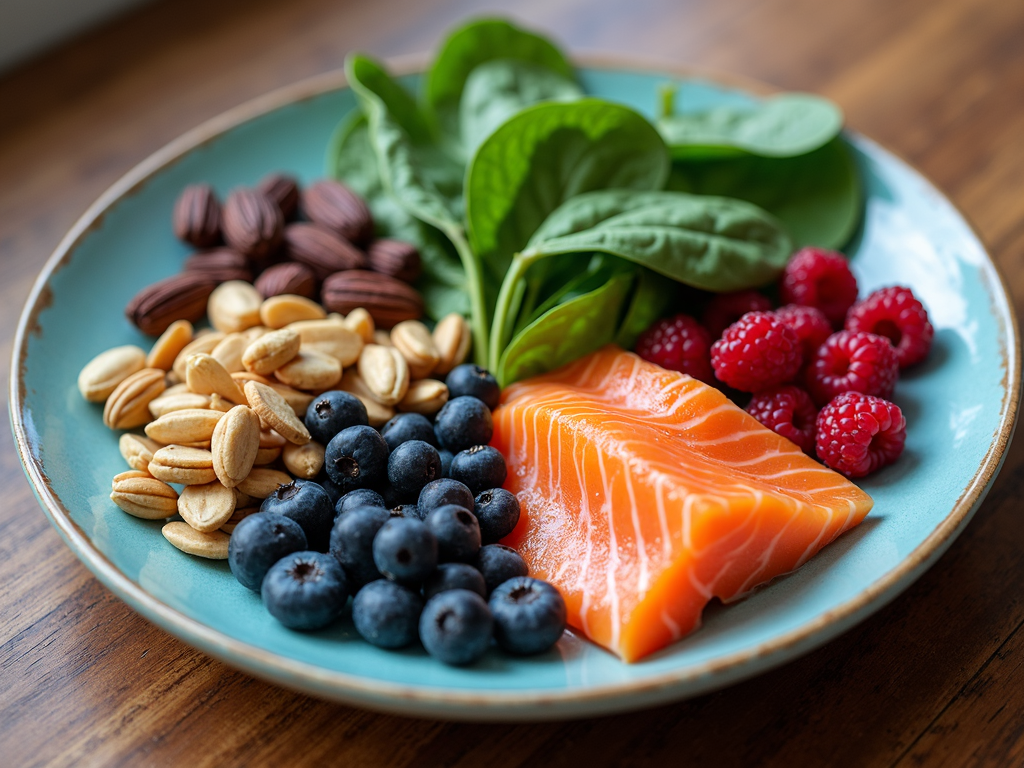Nutrition Tips for Optimal Fertility: Boost Your Chances Naturally
June 19, 2025, 7 a.m.
Nutrition plays a crucial role in fertility. A balanced diet can help regulate hormones, improve reproductive health, and increase the chances of conception. This article explores the best nutrition tips for optimal fertility, backed by expert insights and real-life experiences.

When it comes to fertility, what you eat matters. Certain foods are known to boost fertility by providing essential nutrients. For example, leafy greens like spinach are rich in folate, which is crucial for reproductive health. Berries are packed with antioxidants that protect eggs and sperm from damage. Fatty fish like salmon provide omega-3 fatty acids, which can improve egg quality and sperm motility.

A balanced diet is key to optimal fertility. It's not just about individual foods but how they work together. A diet rich in whole grains, lean proteins, healthy fats, and plenty of fruits and vegetables can help regulate hormones and support overall reproductive health. Avoiding processed foods and excessive sugar is also important, as they can lead to inflammation and hormonal imbalances.
| Food | Benefits |
|---|---|
| Spinach | Rich in folate for reproductive health |
| Berries | Antioxidants protect eggs and sperm |
| Salmon | Omega-3s improve egg quality and sperm motility |
| Nuts | Healthy fats and proteins support hormone production |
| Whole grains | Fiber helps regulate blood sugar and hormones |

While nutrition is crucial, it's often just one piece of the puzzle. For some couples, medical interventions like IVF may be necessary. However, a healthy diet can complement these treatments. For example, certain nutrients can improve the success rates of IVF by enhancing egg and sperm quality.

Lifestyle changes can also boost fertility naturally. Reducing stress through practices like yoga or meditation can help regulate hormones. Getting enough sleep is crucial, as sleep deprivation can affect fertility. Regular exercise, but not too intense, can also support reproductive health.
- Do: Eat a variety of colorful fruits and vegetables
- Do: Choose whole grains over refined carbs
- Do: Include lean proteins like chicken, fish, and beans
- Don't: Consume excessive caffeine or alcohol
- Don't: Eat processed foods high in trans fats
- Don't: Forget to stay hydrated

Before making significant changes to your diet, it's important to consult with a healthcare provider. They can provide personalized advice based on your specific needs and medical history. Remember, nutrition is a powerful tool, but it's not a substitute for professional medical care.
Nutrition plays a vital role in fertility. By incorporating fertility-boosting foods, maintaining a balanced diet, and making healthy lifestyle changes, you can enhance your chances of conception. Remember to consult with a healthcare provider for personalized advice. With the right approach, you can support your journey to parenthood naturally.